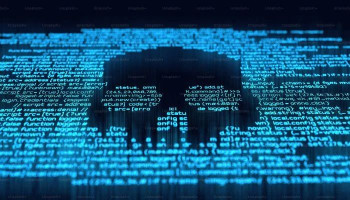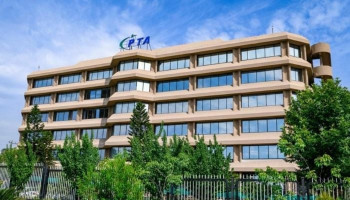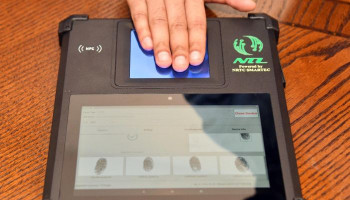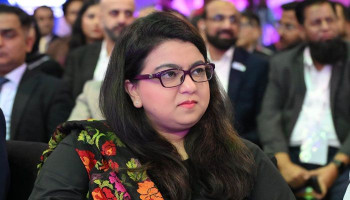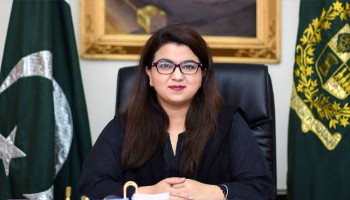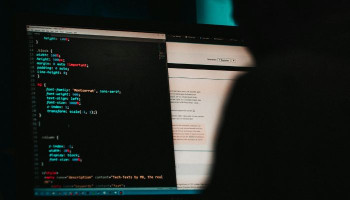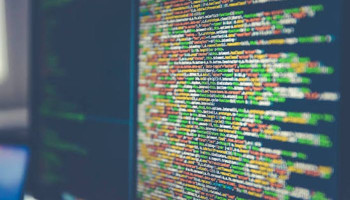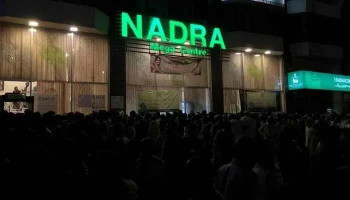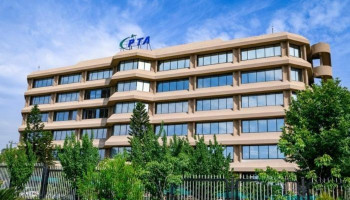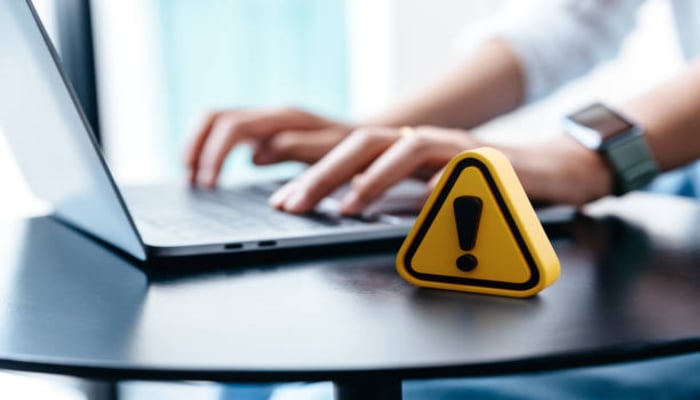
With citizens fed up with continued internet and social media outages which are precautionary measures the Pakistan government has been taking to prevent people from sharing, or even getting exposed to, its follies and wrongdoings, experts and analysts warn that such measures could deprive the nation of a promising future.
Decrying these internet disruptions and the ongoing political turmoil involving the Pakistan Tehreek-e-Insaf (PTI) rally which the government brutally dismantled a day ago, experts claim that web tools used to skip state censorship will also be banned for personal use.
PTI rally dismantled
Citing experts in the relevant field, AFP noted that the government's strategy was devised in the face of the federal capital clogged with protesters demanding the release of former prime minister of Pakistan Imran Khan who enjoys the allegiance of young, web-savvy supporters.
Mobile and home internet services were suspended as a security measure in most parts of the country this week when security forces and over 10,000 Khan supporters confronted one another.
Internet censorship in Pakistan
"Censorship and surveillance we are seeing right now in Pakistan is unprecedented and very sophisticated. It's creating frustration in society," told Pakistani digital rights activist Usama Khilji to AFP.
Contrary to citizens across the country as well as businesses relying heavily on the internet who claimed that home internet cut-off was too unusual, the interior ministry said the measure was taken "only in areas with security concerns".
On the other hand, Shahzad Arshad, head of the Wireless and Internet Service Providers Association of Pakistan, said it was taken because "residents had opened their Wi-Fi" for protesters during PTI rallies held in the past.
The lagging internet services and the inability to reach the university due to roadblocks deprived Muhammad Fahim Khan, an assistant professor, of teaching in person and remotely.
"Ongoing projects come to a halt due to internet outages. Productivity and the quality of life have been quite ruined," lamented the 37-year-old.
Digital analysts say a "firewall" is being tested, designed to censor content including photos or videos of rallies shared on WhatsApp.
VPN registration with PTA
They argue that VPNs are essential for freelancers offering services to their overseas clients to make a living virtually in fields like software development. According to the Pakistan Freelancers Association, Pakistan has around 2.4 million active freelancers.
The Pakistan Telecommunication Authority (PTA) set December 1 as the deadline for freelancers and IT businesses to register VPNs for commercial use.
"Pakistan is working to strengthen its digital economy while simultaneously taking draconian steps to police online content," said Michael Kugelman, South Asia Institute director at The Wilson Center.
"This is a textbook case of shooting yourself in the foot. Both feet in fact," he added.







